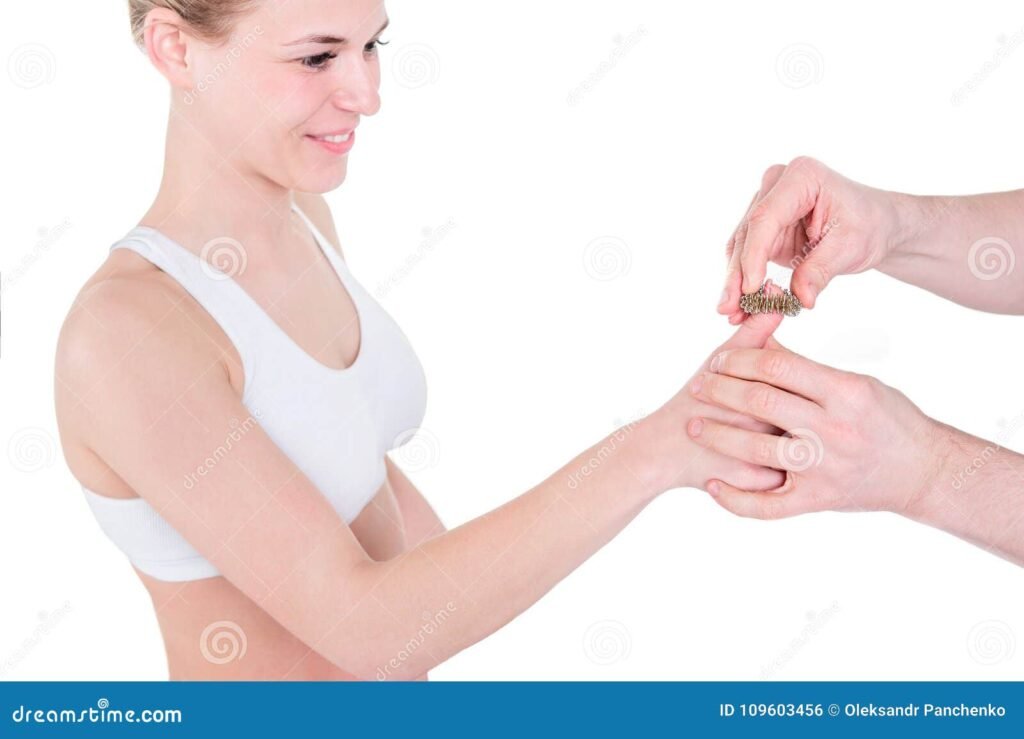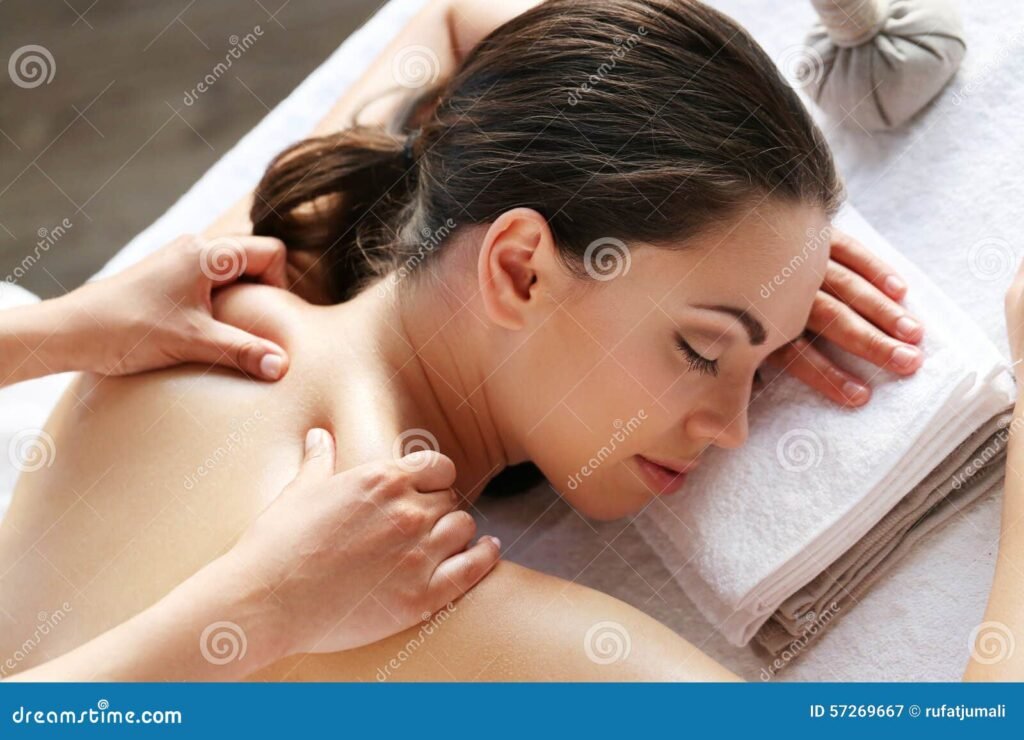Paralysis is a condition that can have a profound impact on a person’s life. It can result from various causes, such as stroke, spinal cord injury, or nerve damage. While modern medicine offers treatment options for paralysis, Ayurveda, the ancient Indian system of medicine, also provides effective remedies.
Ayurveda believes that paralysis is caused by an imbalance in the body’s doshas, or energies. The treatment focuses on restoring this balance through a combination of herbal remedies, dietary changes, and lifestyle modifications. Ayurveda Treatments
One of the most commonly used Ayurvedic herbs for paralysis is Ashwagandha. This herb has powerful rejuvenating properties and helps strengthen the nervous system. It can be consumed in the form of capsules or as a powder mixed with warm milk.
In addition to Ashwagandha, other Ayurvedic herbs such as Brahmi, Guggulu, and Shilajit are also beneficial in treating paralysis. These herbs help improve blood circulation, reduce inflammation, and promote the regeneration of damaged nerves. Ayurved Diet
Ayurveda also emphasizes the importance of a balanced diet in the treatment of paralysis. Foods that are rich in antioxidants, such as fresh fruits and vegetables, should be included in the diet. Additionally, foods that are easy to digest, such as ,dry fruits,,non veg soups are recommended. Holistic Treatments
Along with herbal remedies and dietary changes, Ayurveda recommends certain lifestyle modifications to aid in the recovery from paralysis. Regular exercise, especially yoga and meditation,Acupuncture,Massage,Panchkarma can help improve blood circulation and strengthen the muscles.
It is important to note that Ayurvedic treatment for paralysis should be undertaken under the guidance of a qualified Ayurvedic practitioner. They will assess your condition and customize a treatment plan that suits your specific needs. Causes,reasons of Paralysis


Paralysis, the loss of muscle function in part of your body, can occur for various reasons. One common cause is stroke, where a disruption in blood flow to the brain results in damage to brain cells. Traumatic injuries, such as spinal cord injuries from accidents or falls, can lead to paralysis by interrupting the communication between the brain and the muscles. Diseases like multiple sclerosis, where the immune system attacks the protective covering of nerves, or amyotrophic lateral sclerosis (ALS), a progressive neurodegenerative disorder, can also result in paralysis.
Infections, such as polio, can damage the spinal cord and cause paralysis. Tumors or abnormal growths near the nerves can exert pressure on them, leading to loss of function. Additionally, certain genetic conditions and congenital disorders can contribute to paralysis.
Vascular issues, like blood vessel diseases or conditions affecting the spinal cord’s blood supply, may result in paralysis. Guillain-Barré syndrome, an autoimmune disorder, can lead to temporary or permanent paralysis by affecting the peripheral nerves.
In summary, paralysis can stem from a range of causes, including strokes, traumatic injuries, neurological disorders, infections, genetic conditions, and vascular issues. Understanding the underlying cause is crucial for appropriate treatment and management.
Combining treatments acupuncture, massage, and Panchkarma can be a holistic approach to address paralysis, promoting overall well-being and potentially aiding in recovery. Acupuncture, an ancient Chinese practice, involves inserting thin needles into specific points on the body to stimulate energy flow. It is believed to enhance blood circulation, reduce inflammation, and promote nerve regeneration, potentially offering relief in paralysis cases.
Massage therapy plays a crucial role by promoting relaxation, improving blood circulation, and reducing muscle tension. In the context of paralysis, targeted massage techniques can help alleviate stiffness, enhance flexibility, and contribute to overall physical comfort.
Panchkarma, an Ayurvedic detoxification and rejuvenation therapy, involves a series of treatments to balance the body’s energies and eliminate toxins. This can include therapeutic oil massages, herbal steam baths, and specialized dietary recommendations. In paralysis cases, Panchkarma aims to restore harmony within the body, supporting the natural healing process.
When combined, these therapies offer a synergistic approach to address the physical and energetic aspects of paralysis. While individual responses may vary, the holistic nature of this combined treatment approach seeks to address the multifaceted aspects of paralysis, potentially enhancing the overall quality of life for individuals affected by this condition. It’s important to note that consulting with healthcare professionals is essential to tailor these therapies to individual needs and ensure their safety and effectiveness .In our centre in nashik we give the best holistic combination treatments so the patients of Paralysis,Bells palsy,Gullian bar syndrom,Parkinsion ,Comma ,Accidental injuiries , Head Injuiries get relief at best quick time.